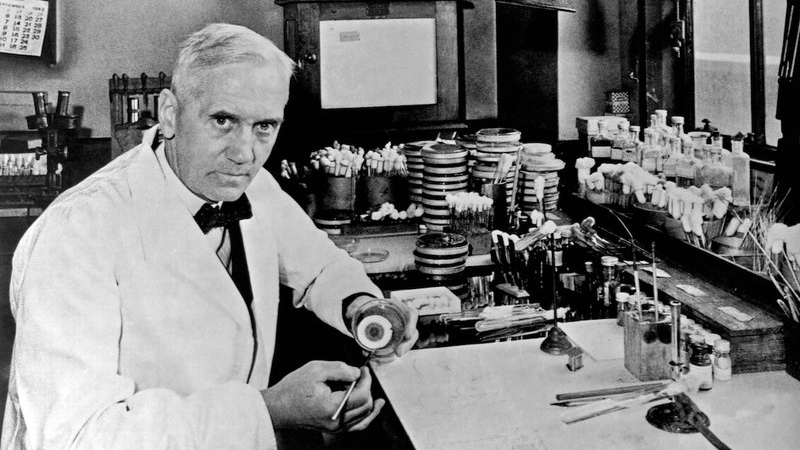A Dose of Science on the Day of Love

Most of the world knows 14th February as Valentine’s Day. This day is remembered as the day St. Valentine was executed, around 278 AD. He was beheaded for secretly performing marriages, even after the Roman Emperor, Claudius, had banned them. However, this day is also extremely significant from a medical perspective.
On this day (14th February) in 1929, Sir Alexander Fleming introduced the world to penicillin. Though it was an accidental finding by the Scottish bacteriologist, it became one of the most important discoveries of modern medicine. Penicillin is an antibiotic agent used to fight bacterial infections, such as ear infections, skin infections, pneumonia, scarlet fever, and so on.
Penicillin is produced by inhibiting the growth of the fungi of the genus Penicillium, by subjecting it to constant stress. The genus Penicillium consists of more than 300 species, some of which are used in the process of cheesemaking.
When Dr. Fleming first published his findings, their significance was not understood, particularly their biological implications. It was only in 1939, when Dr. Howard Florey and his three colleagues undertook intensive research, that penicillin’s ability to kill harmful bacteria was realized. However, because of the Second World War, further research on penicillin was moved to the United States of America. Mass production of penicillin did not start till 1944, after even more extensive research, experimentation, and tests by several scientists.
When penicillin first reached the common man, it was indeed a miracle drug. But, with time and the process of natural selection, certain bacteria have developed resistance to the wonder drug. This means, that penicillin can no longer be used to kill certain types of bacterial infections.
One of the ways in which bacteria become resistant is when the patient does not complete their prescription for antibiotics. They allow the semi-resistant bacteria to become fully-resistant, reproduce, and make more of the resistant bacteria. Though penicillin may not work on all infections anymore, it remains an important antibiotic drug.
As science is moving ever-forward with continuous developments and new possibilities, more and more antibiotics and other drugs are being introduced. But penicillin will remain the miracle drug that paved the way for future research in this direction.





